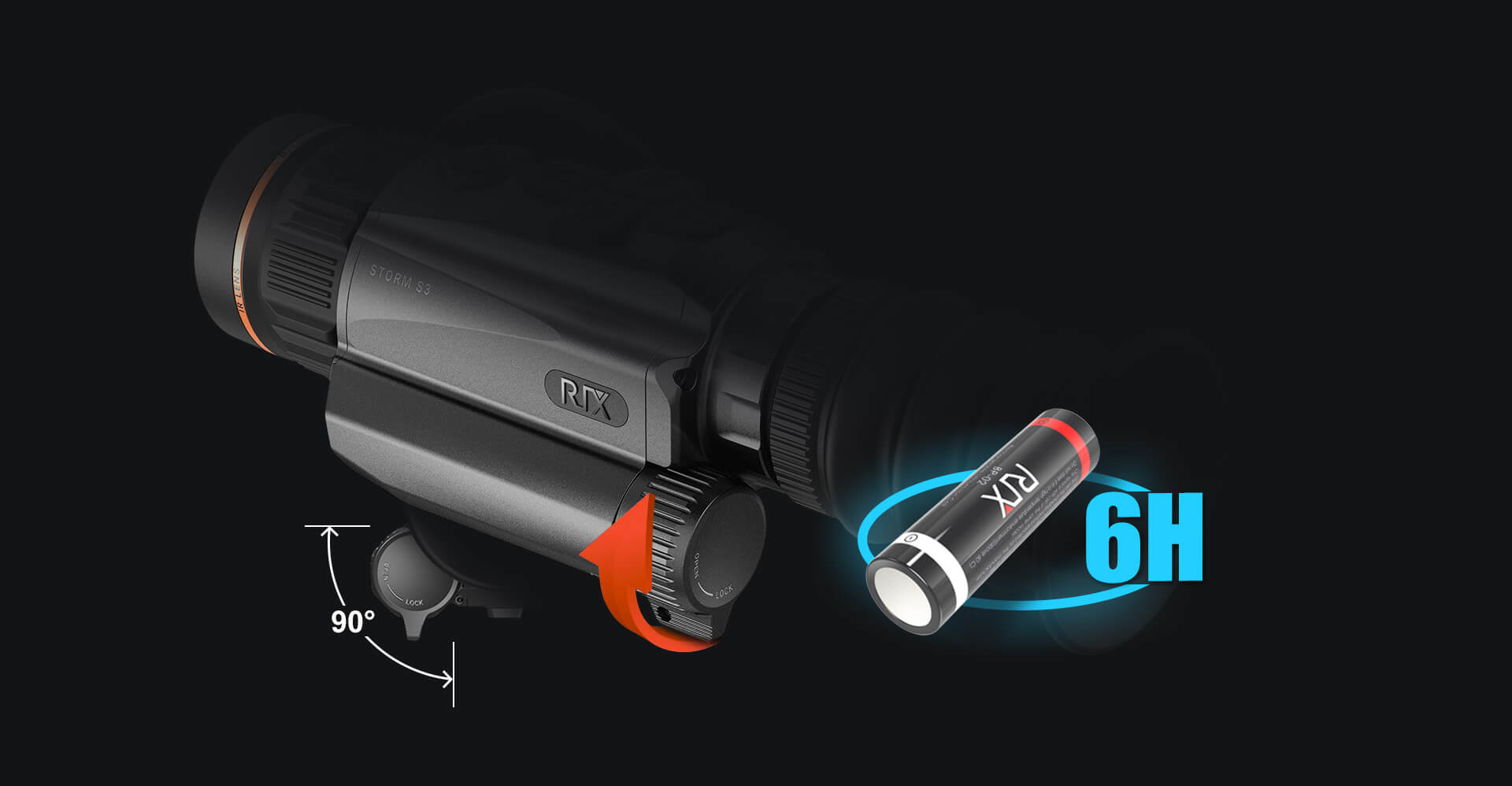Night vision scopes have revolutionized the way we observe the world after dark. But how do these remarkable devices function? Understanding the science behind night vision technology can enhance your appreciation for their capabilities and applications.

What is a Night Vision Scope?
A night vision scope is an optical device that amplifies available light to provide a clearer image in low-light conditions. These scopes are commonly used in various fields, including hunting, law enforcement, and military operations. By utilizing advanced technology, they enable users to see in complete darkness, making them invaluable tools for nighttime activities.
How Do Night Vision Scopes Work?
The operation of a night vision scope relies on several key components:
- Image Intensifier Tube: This is the heart of the night vision scope. It captures ambient light, including infrared light, and amplifies it to create a visible image.
- Objective Lens: The objective lens gathers light from the environment and focuses it onto the image intensifier tube.
- Eyepiece Lens: This lens allows the user to view the amplified image produced by the image intensifier tube.
When light enters the scope, it first passes through the objective lens, which focuses the light onto the image intensifier tube. Inside the tube, the light photons strike a photosensitive surface, releasing electrons. These electrons are then accelerated and multiplied, resulting in a significantly brighter image. Finally, the eyepiece lens magnifies this image for the user to see.
Types of Night Vision Technology
There are primarily three generations of night vision technology:
- Generation 1: This is the most basic form of night vision, providing a limited range and clarity.
- Generation 2: This generation offers improved image quality and range, utilizing a microchannel plate for better light amplification.
- Generation 3: The most advanced, Generation 3 scopes use gallium arsenide to enhance performance, providing exceptional clarity and range.
Applications of Night Vision Scopes
Night vision scopes have a wide range of applications. They are essential tools for:
- Hunting: Hunters use night vision scopes to track game in low-light conditions.
- Military Operations: Soldiers rely on these scopes for reconnaissance and tactical advantages during nighttime missions.
- Surveillance: Law enforcement agencies utilize night vision technology for monitoring and security purposes.
In conclusion, understanding the science behind night vision scopes enhances our appreciation for their functionality and versatility. Whether you are a hunter, a military professional, or simply an enthusiast, investing in a quality night vision scope can significantly improve your nighttime visibility. For more information on high-quality night vision scopes, visit  .
.



